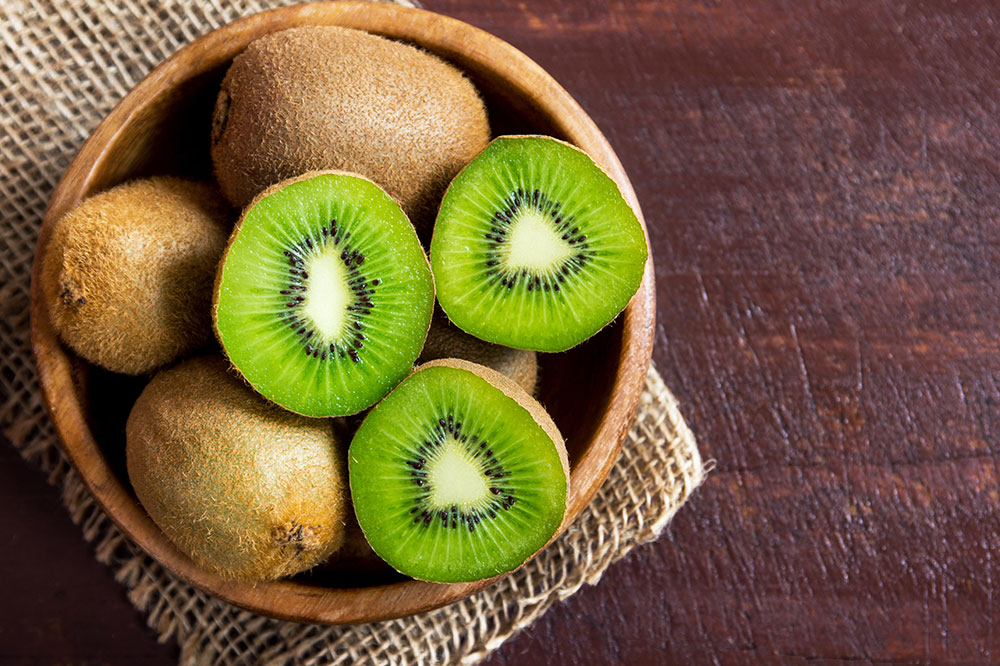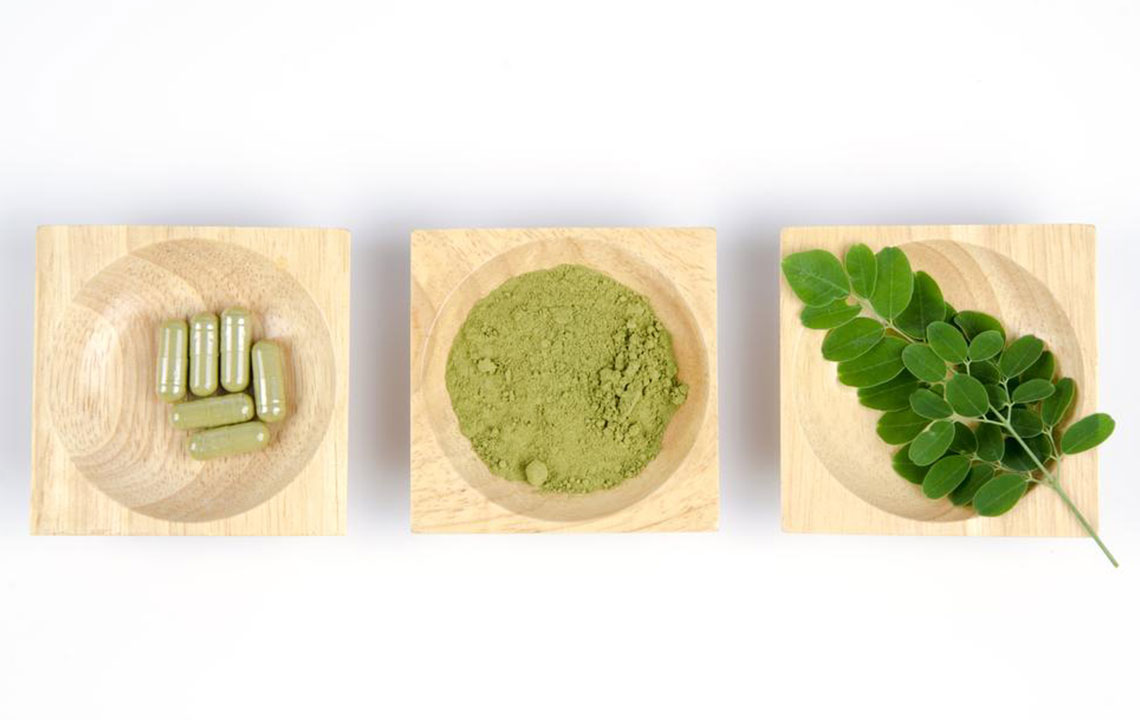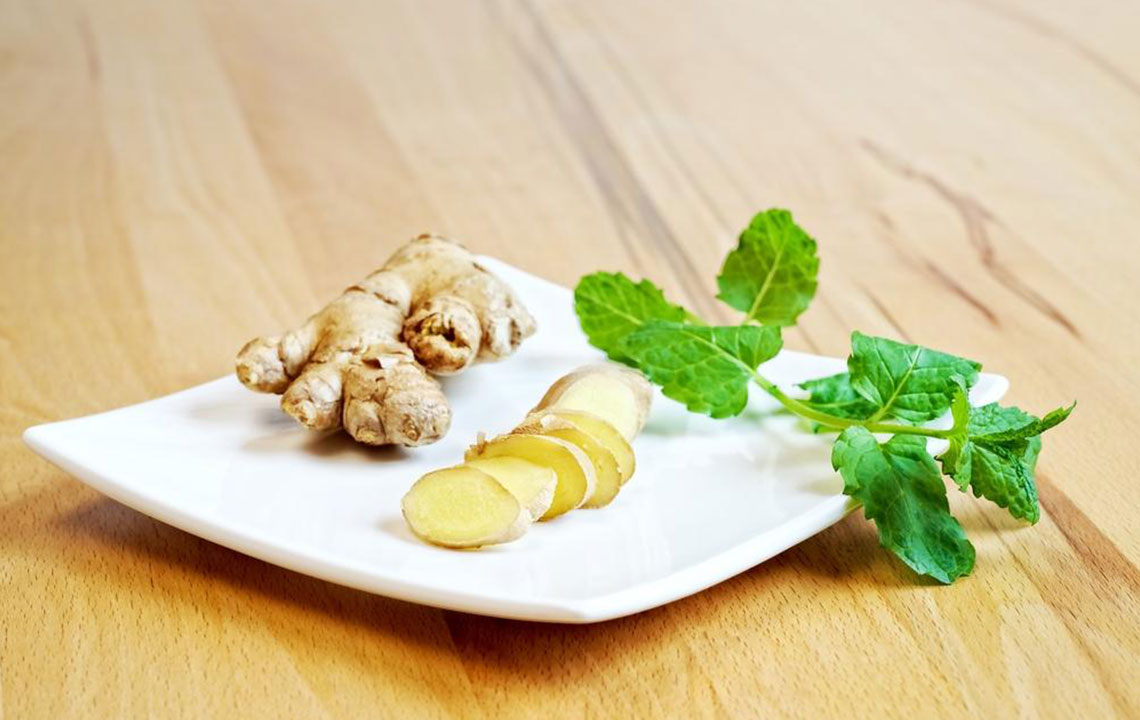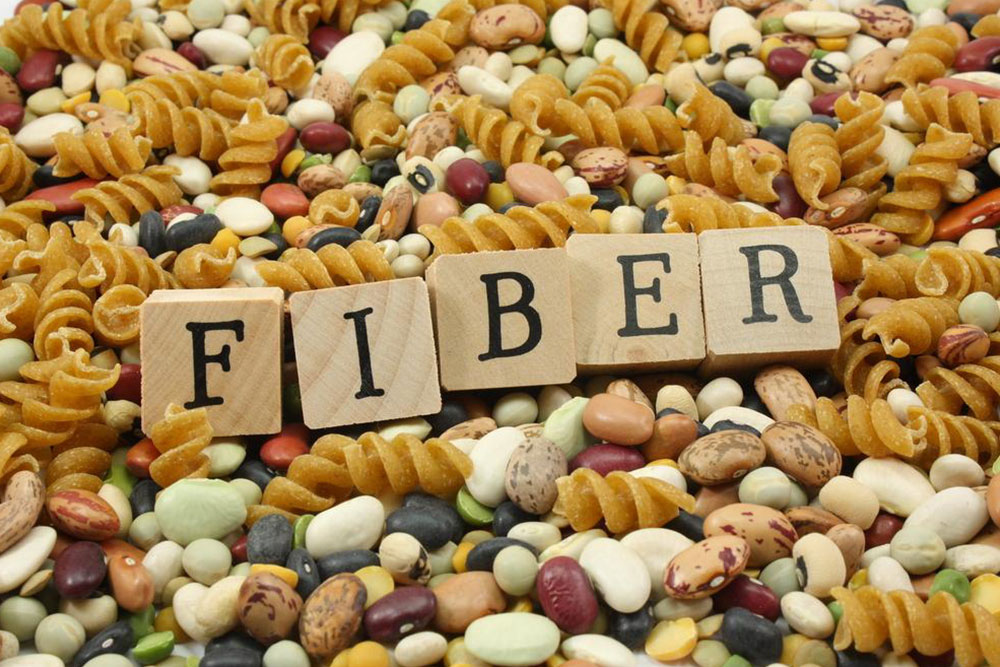Natural and Effective Foods for Relieving Constipation Naturally
This comprehensive guide explores natural foods that effectively alleviate constipation. Highlighting the benefits of prunes, flaxseeds, psyllium husk, rhubarb, leafy greens, and fruits, the article provides practical advice for promoting healthy digestion. Incorporating these foods into your daily diet can soften stools, increase bulk, and stimulate bowel movements naturally. Suitable for anyone seeking gentle and safe constipation relief, this article emphasizes healthy dietary habits, hydration, and regular exercise as key components of digestive wellness. Discover easy ways to enhance your gut health today.

Natural and Effective Foods for Relieving Constipation Naturally
Constipation remains a common digestive issue affecting millions worldwide, characterized by infrequent, difficult, or dry bowel movements. This condition can stem from various causes, including poor dietary habits, inadequate hydration, side effects of medications, or underlying health conditions. The good news is that natural dietary strategies can aid in alleviating constipation without the need for pharmaceuticals. By incorporating specific foods into your daily meals, you can promote better bowel movements, soften stool, and restore regularity effectively. This comprehensive guide delves into some of the most potent natural foods that support digestive health and provide gentle relief from constipation.
Understanding Natural Laxatives and How They Work
The process of digestion involves water absorption in the colon. When the colon absorbs too much water, stool becomes dry, hard, and difficult to pass, leading to constipation. Conversely, certain foods act as natural laxatives by increasing stool moisture content, adding bulk, or stimulating bowel activity. Their high fiber content and other beneficial compounds work synergistically to facilitate smoother and more comfortable eliminations.
While some individuals experience slower digestive transit, leading to increased water absorption and stool hardening, consuming specific foods can counteract these effects. The key lies in choosing foods rich in dietary fiber, especially insoluble fiber, and other bioactive compounds that promote healthy gut motility and stool softening. Listed below are the top foods recognized worldwide for their efficacy in relieving constipation naturally and safely.
1. Prunes – The Classic Natural Laxative
Prunes, also known as dried plums, are renowned for their potent laxative properties. They are packed with dietary fiber—about 3 grams per 40-gram serving—mainly insoluble fiber such as cellulose, which increases stool bulk and retains water in the intestines. This results in softer, larger stools that are easier to pass. Additionally, prunes contain sorbitol, a sugar alcohol known for its gentle laxative effect by drawing water into the colon. The phenolic compounds in prunes further support gut health by encouraging beneficial bacteria and enhancing digestion. Regular consumption of about 100 grams of prunes daily can significantly alleviate constipation, though it’s advisable to consult with a healthcare provider before increasing intake to avoid potential digestive discomfort.
2. Ground Flaxseeds – Nutritional Powerhouses for Digestive Health
Originally used in textiles, flaxseeds have gained recognition as high-impact nutritional foods. Rich in omega-3 fatty acids, lignans, and dietary fiber, ground flaxseeds are particularly effective in managing constipation. Their insoluble fiber acts like a sponge, absorbing water and swelling in the large intestine, which helps soften stool and promote regularity. Incorporating ground flaxseeds into your diet is simple—add them to cereals, smoothies, yogurt, or salads for quick and natural relief from constipation. The healthy fats and fiber combination not only supports digestive health but also provides numerous other health benefits, making flaxseeds a valuable dietary addition.
3. Psyllium Husk – A Natural Fiber Supplement
Psyllium husk is a soluble fiber derived from the Plantago ovata plant's seeds. It is widely used as a natural laxative due to its ability to form a gel-like substance when mixed with water. This viscous fiber absorbs water as it moves through the digestive tract, increasing the bulk and softness of stool, thus aiding in easier passage. Daily intake of psyllium husk with warm water can provide rapid relief from constipation and is also beneficial for managing diarrhea, stabilizing blood sugar levels, and reducing cholesterol. It’s important to drink plenty of water when consuming psyllium to prevent potential bloating or obstruction.
4. Rhubarb – A Traditional Remedy with a Modern Twist
Often used in desserts, rhubarb also doubles as an effective natural laxative. It contains sennoside A, also known as senna, a well-known stimulant laxative that promotes bowel movements by reducing aquaporin 3 levels, leading to softer and more frequent stools. Rhubarb’s fiber content supports gut health and facilitates regularity. Since rhubarb is natural and gentle, including it in your diet—whether in smoothies, desserts, or stews—can be a safe and effective way to combat constipation. However, because sennosides can cause dependency if overused, it’s best to consume rhubarb in moderation and under medical supervision if used regularly.
5. Leafy Greens – Nutrition and Bulk for Digestive Ease
Vegetables such as spinach, kale, broccoli, and Brussels sprouts are among the best natural foods for promoting digestion. Packed with fiber, vitamins, and minerals, leafy greens add necessary bulk to stool and help keep the digestive system functioning smoothly. For instance, a cup of cooked spinach provides over 18% of the recommended daily fiber intake. Including these greens in salads, stir-fries, soups, or side dishes can significantly enhance bowel regularity and reduce discomfort caused by constipation. Their high water and fiber content make them perfect for quick, natural relief.
6. Fruits – Delicious Sources of Fiber and Enzymes
Fruits such as oranges, grapefruits, apples, figs, kiwis, and pears are potent allies in the battle against constipation. These fruits are loaded with dietary fiber, enzymes, and natural sugars that help accelerate colonic transit and promote regular bowel movements. For example, kiwis contain actinidin, an enzyme that aids digestion, while fiber-rich apples and pears support stool bulk. Consuming an adequate variety of fruits daily not only fosters digestive health but also guarantees an intake of essential nutrients, vitamins, and antioxidants that contribute to overall well-being.
Final Tips and Precautions
While natural foods can provide effective relief for most cases of constipation, persistent or severe symptoms should prompt consultation with a healthcare professional. Conditions such as hemorrhoids, fissures, or underlying medical issues might require targeted treatment. For mild cases, integrating the listed foods into your diet—alongside adequate hydration, regular exercise, and a healthy lifestyle—can dramatically improve bowel health. Remember, gradual dietary changes tend to be more sustainable and less likely to cause adverse effects. Always listen to your body and seek medical advice if you experience ongoing discomfort or complications.





